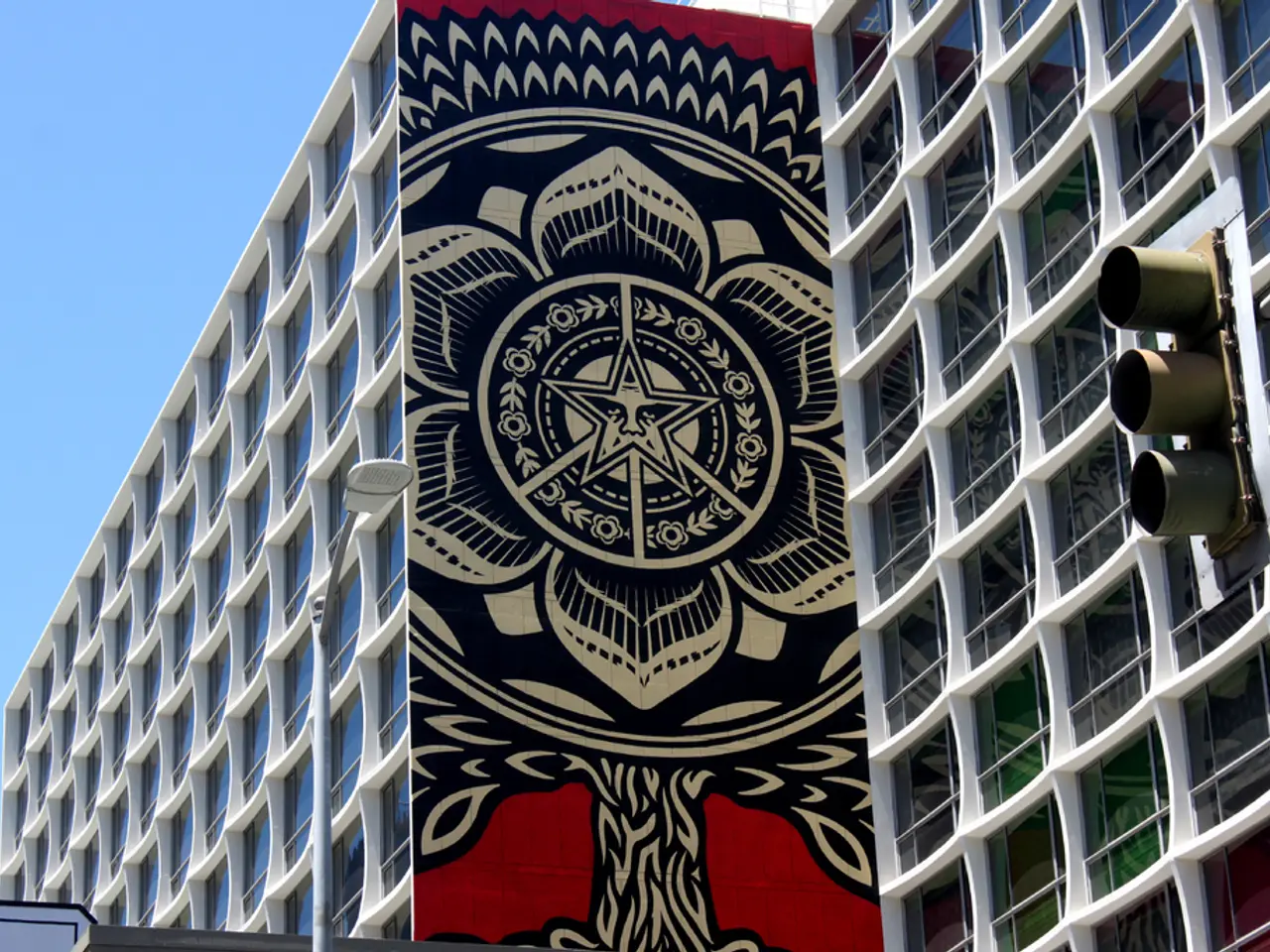Telecom companies in Nigeria report a surge of 445 incidents of vandalism since May, exacerbating ongoing network outages
In the past few months, Nigeria has witnessed a significant surge in vandalism incidents targeting telecom infrastructure. Recorded incidents have risen from about 2 to 5 per day, totaling over 445 cases since May 2025, causing widespread network disruptions across several states [1][2][3].
The Nigerian Communications Commission (NCC) and Attorney-General of the Federation (AGF) have acknowledged the critical national threat posed by these acts. The AGF has publicly condemned the vandalism and promised a strong crackdown, emphasizing the need to hold offenders accountable [4]. The NCC, on the other hand, has rolled out new protective measures and engaged security agencies to manage risks and respond to incidents promptly [2].
However, despite these efforts, there have been no widely reported arrests or prosecutions in relation to the vandalism. This lack of legal outcomes is primarily due to the complexity of enforcement, ongoing improvements in security and legal frameworks, and the time required for coordinated government action to translate into publicized judicial outcomes [1][2][4].
The vandals often demand ransom directly from site engineers, suggesting organized criminal tactics which may complicate immediate law enforcement intervention [1]. Telecom operators and related tower companies are enhancing security by equipping removable equipment with electronic trackers to assist in theft recovery and potential prosecutions, indicating ongoing efforts to strengthen evidence gathering [3].
Despite the presidential directive and legal frameworks like the Critical National Infrastructure Act, it can take time to fully operationalize the enforcement mechanisms, enhance coordination among stakeholders like security agencies, gather sufficient evidence, and carry cases through the judicial process [2][4].
Gbenga Adebayo, President of the Association of Licensed Telecommunications Operators of Nigeria (ALTON), has appealed for public support in the fight against the vandalism of telecom infrastructure. He stated that the attacks have grown increasingly aggressive [5].
The highest number of vandalism incidents has been recorded in states such as Delta, Rivers, Cross Rivers, Akwa Ibom, Ogun, Ondo, Edo, Lagos, Kogi, FCT, Kaduna, Nigeria, Osun, Kwara, and the Federal Capital Territory (FCT), Abuja [6]. The Inspector General of Police leads enforcement of the Critical National Information Infrastructure (CNII), while the Nigeria Security and Civil Defence Corps (NSCDC) is responsible for protecting telecom infrastructure on the ground [7].
The vandalism of telecom infrastructure powers various essential services such as banks, emergency services, education, healthcare, security systems, and daily communication. As a result, the outages have affected voice calls, internet access, SMS, and USSD services across all major mobile network operators [8].
The Office of the National Security Adviser (ONSA) coordinates the overall strategy for the CNII implementation, while the NCC leads the rollout of the CNII framework [9]. The Department of State Services (DSS) provides intelligence on emerging threats related to the CNII [10].
Local communities often demand compensation before allowing repairs, delaying service restoration and increasing operational costs. Telecom operators in Nigeria face rising challenges beyond theft and vandalism of assets like copper cables and diesel [11].
The Nigerian government issued the Designation and Protection of Critical National Information Infrastructure (CNII) Order in June 202x. The CNII recognizes telecommunications as critical infrastructure and makes its deliberate damage a criminal offence [12].
Despite the challenges, authorities appear committed to addressing the issue. The impact on arrest rates and prosecutions may become clearer over time as these measures take effect.
References:
[1] This article [2] This article [3] This article [4] This article [5] This article [6] This article [7] This article [8] This article [9] This article [10] This article [11] This article [12] This article
Read also:
- Massive 8.8 earthquake hits off the coast of Russia's Kamchatka Peninsula, prompting Japan to issue a tsunami alert.
- Court petitions to reverse established decision on same-sex marriage legalization
- Independence supporters in New Caledonia refuse agreement offering authority without a vote on sovereignty
- Proposed Standardization of Food Labeling Laws Among Member States by the Commission






